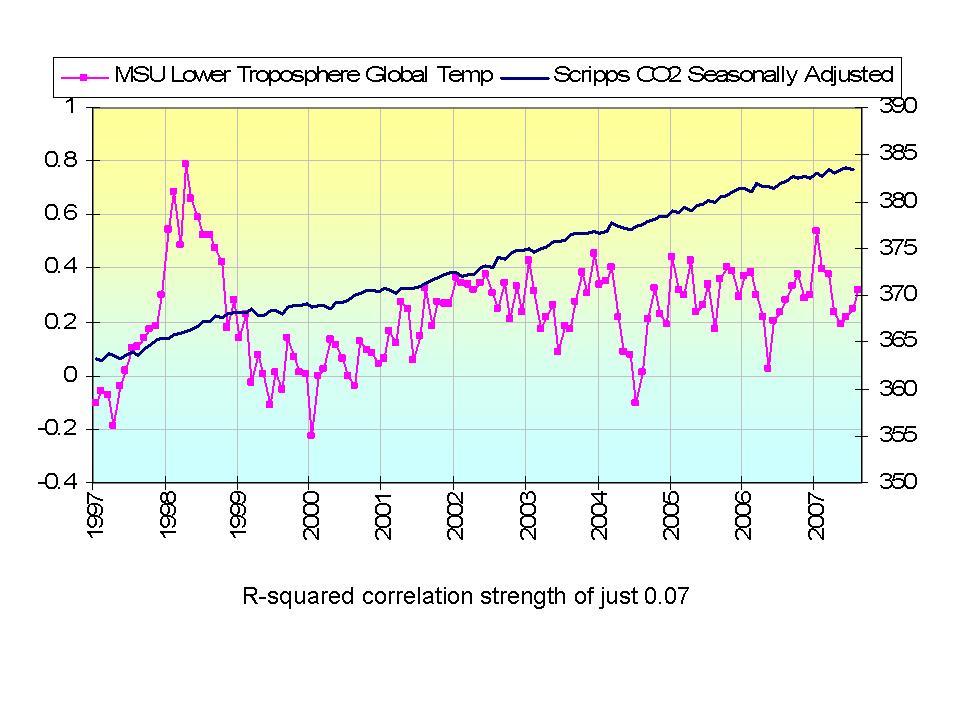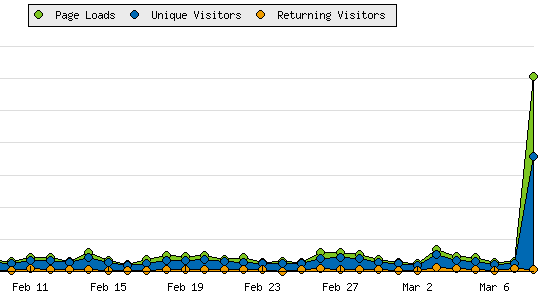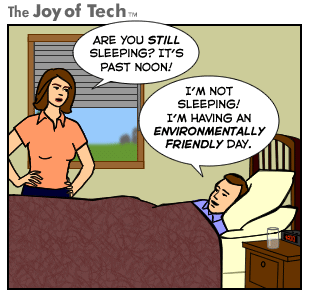We've known for a while about studies demonstrating significant shortcomings in the use of tree-ring data to infer historical climate information. Now University of Pennsylvania researchers Brent Helliker and Suzanna Richter have published a study in the British journal Nature that seems to drive another nail into the coffin of the methodology that was supposedly the basis of Michael Mann's discredited "hockey stick" graph (which can be seen in the post linked above).
From a June 11 AFP article (emphasis added):
The internal temperature of leaves, whether in the tropics or a cold-clime forest, tends toward a nearly constant 21.4 degrees Celsius (71 degree Fahrenheit), reports a study released Wednesday.Oopsie.
It had long been assumed that actively photosynthesising leaves -- using energy from sunlight to convert carbon dioxide and water into sugar -- are nearly as cold or hot as the air around them.
The new findings not only challenge long-held precepts in plant biology, but could upend climate models that use tree rings to infer or predict past and present temperature changes.
For decades, scientists studying the impact of global warming have measured the oxygen isotope ratio in tree-rings to determine the air temperature and relative humidity of historical climates.
Oxygen atoms within water molecules evaporate more or less quickly depending on the number of neutrons they carry, and the ratio between these differently weighted atoms in tree trunk rings has been used as a measure of year-to-year fluctuations in temperatures and rainfall.
"The assumption in all of these studies was that tree leaf temperatures were equal to ambient temperatures," lead researcher Brent Helliker told AFP. "It turns out that they are not."
------
Study Reference:
Helliker, Brent and Suzanna L. Richter. 2008. Subtropical to boreal convergence of tree-leaf temperatures. Nature. In press. doi:10.1038/nature07031













 Headlines via e-mail
Headlines via e-mail


